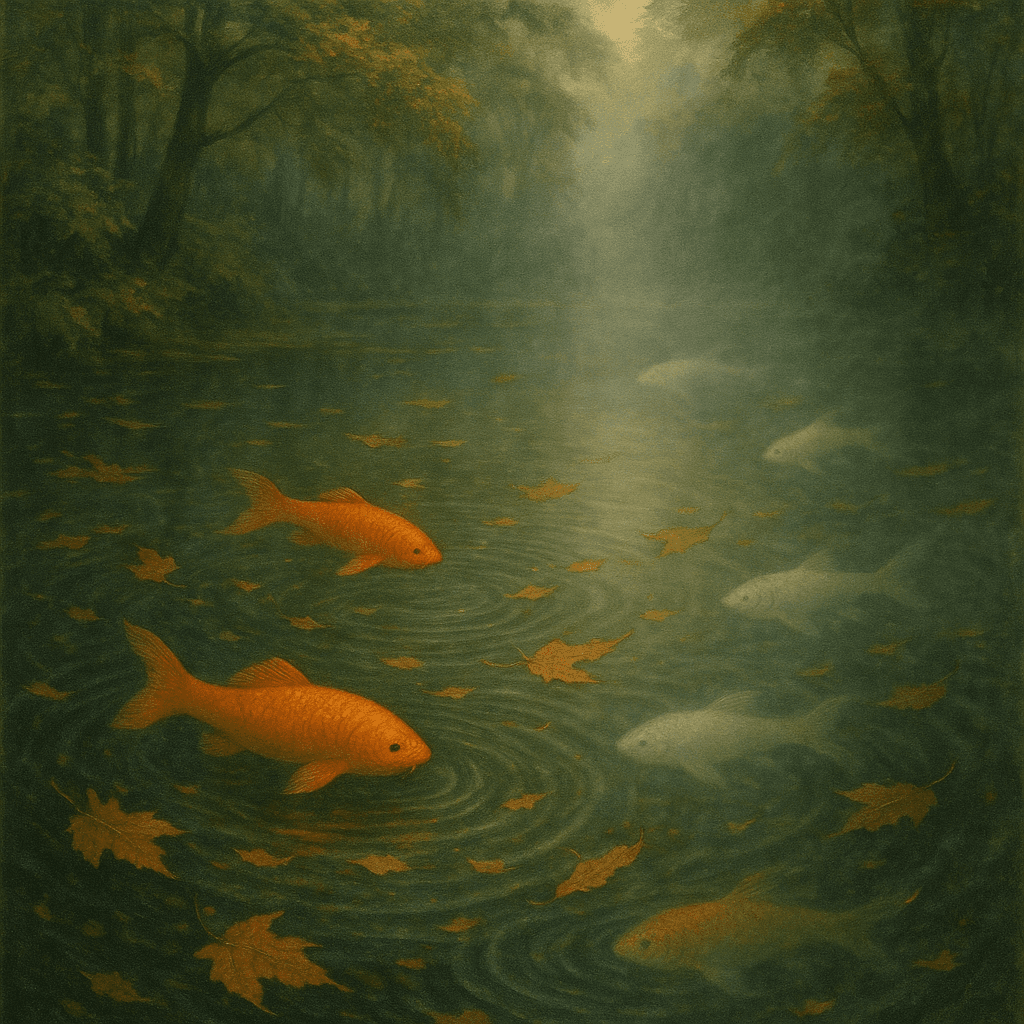The Fleeting Freshness of Knowledge in Modern Life

Knowledge keeps about as well as fish. — Al Franken
The Perishable Nature of Information
Al Franken’s witty remark, 'Knowledge keeps about as well as fish,' playfully suggests that, much like seafood, knowledge can quickly lose its freshness if not consumed and used in a timely manner. In the same way that fish spoils without proper care, information can become outdated and irrelevant, which highlights the dynamic and ephemeral essence of what we claim to know.
Accelerated Change in the Digital Age
This insight is particularly resonant in our rapidly evolving digital landscape. With technology and society progressing at unprecedented rates, yesterday’s leading-edge facts often become today’s obsolete trivia. For example, the skills needed in computing or medicine can shift dramatically in just a few years, demonstrating Franken’s point: we must constantly update and refresh our understanding for it to remain valuable.
Historical Evidence of Obsolete Knowledge
Looking back, history is filled with discarded certainties. Medieval doctors bled patients to cure illness—a practice once grounded in ‘expert’ knowledge, now considered hazardous. Similarly, Pluto, long thought to be the ninth planet, was reclassified in 2006 as our astronomical models changed. These shifts remind us that stored knowledge, left unexamined, can turn stale or even misleading.
The Value of Ongoing Learning
Consequently, Franken’s analogy advocates for a mindset of continual learning. Rather than stockpiling facts, true wisdom lies in adaptability: questioning, re-evaluating, and upgrading our mental toolkit. Lifelong learners—like those chronicled in Carol Dweck’s 'growth mindset' research—thrive by embracing change and seeking fresh knowledge, much as we seek fresh ingredients for a nourishing meal.
Implications for Education and Work
Ultimately, this perspective compels institutions and individuals alike to rethink the value of static expertise. In schools and workplaces, fostering critical thinking and curiosity has become more important than siloed fact-memorization. By recognizing knowledge’s perishable nature, as Franken quips, we better prepare to meet the continuous challenges of a fast-moving world.